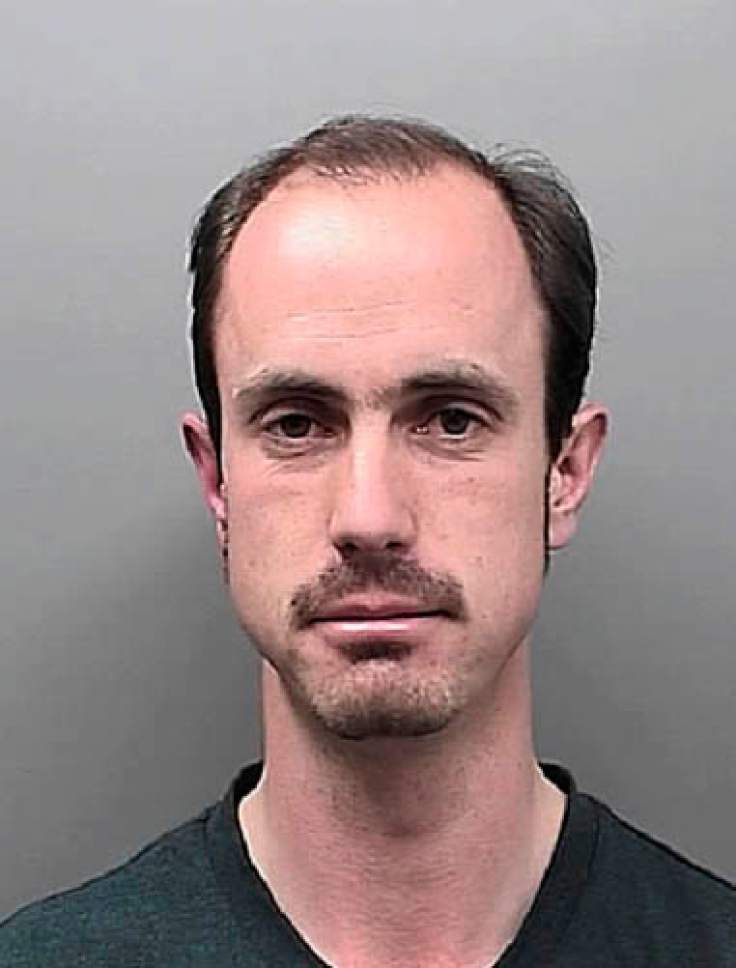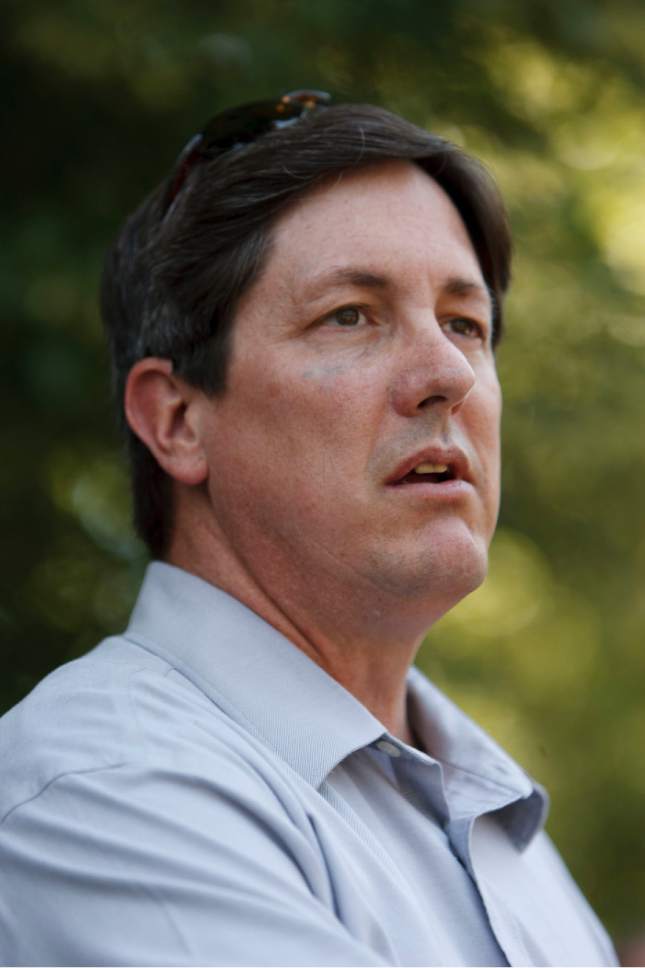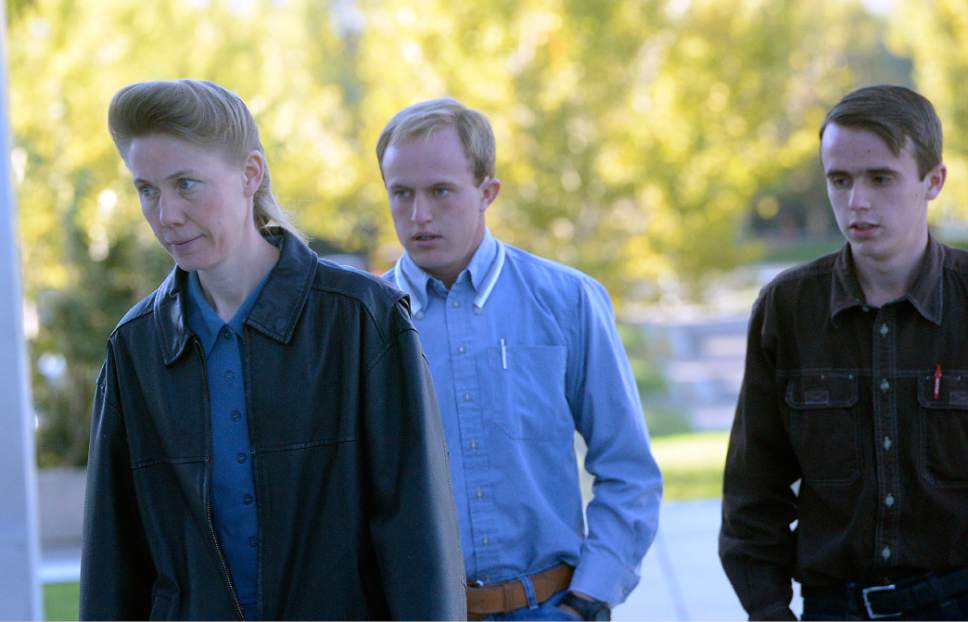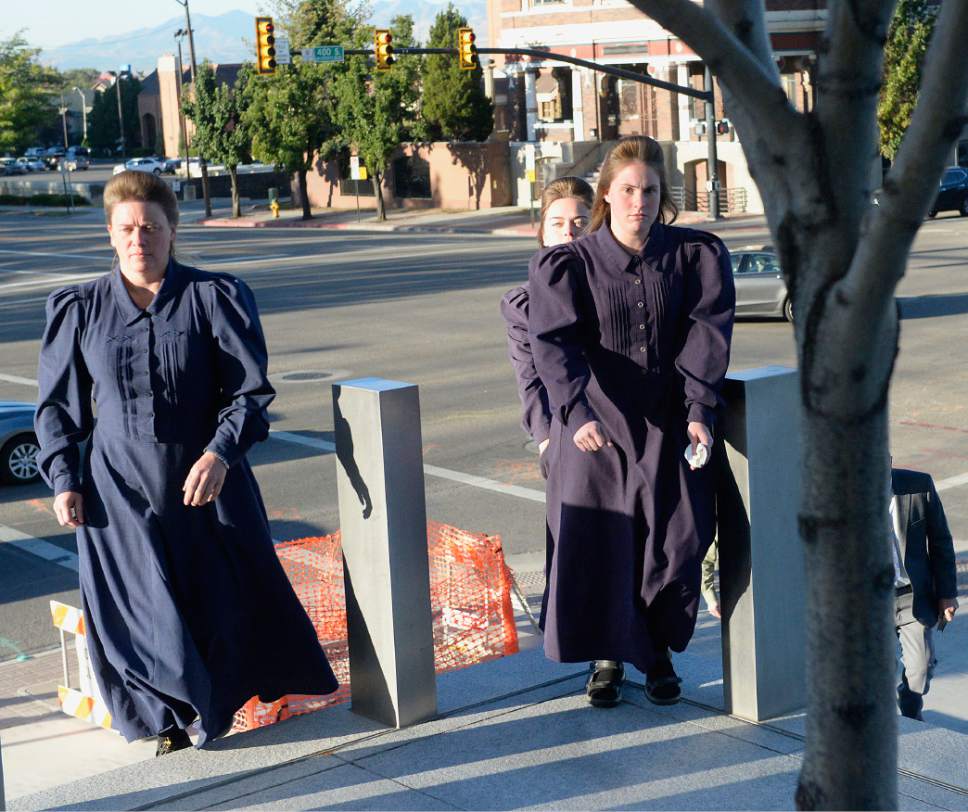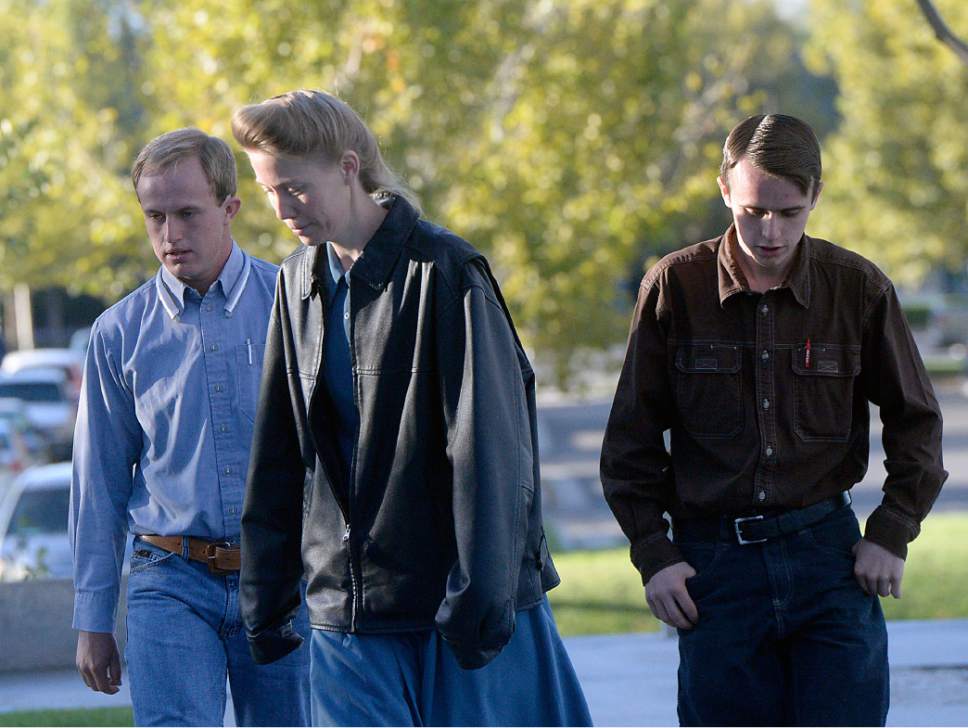This is an archived article that was published on sltrib.com in 2016, and information in the article may be outdated. It is provided only for personal research purposes and may not be reprinted.
A federal judge on Tuesday rejected religious freedom arguments and upheld the indictments of 11 polygamous sect members accused of conspiring to defraud the food stamp program.
Judge Ted Stewart denied motions to dismiss the indictments filed by the defendants, who belong to the Fundamentalist Church of Jesus Christ of Latter-Day Saints.
However, in a separate ruling also issued Tuesday, Stewart said he would allow the defendants to argue at trial why they donated benefits received under the Supplemental Nutrition Assistance Program (SNAP). That trial is scheduled to begin Jan. 30 in Salt Lake City.
The defendants are each charged with one count of conspiring to defraud SNAP and one count of conspiracy to commit money laundering. Prosecutors allege the defendants gave, or persuaded other FLDS members to give, their SNAP benefits to church leaders.
The indictments accused the leaders of then deciding who in the sect received food, or sometimes converting the benefits into cash at FLDS-controlled stores.
The defendants have said that their faith requires them to consecrate their belongings to the church. Defense attorneys argued the donations were no different than using SNAP benefits to bake a dish and then taking that dish to a church potluck.
The defense attorneys also argued the indictments infringed their clients' rights under the Religious Freedom Restoration Act.
In his ruling, Stewart found the defense arguments fell short on multiple points. First, only defendant Seth Jeffs — a full brother to the imprisoned leader — provided evidence that he received and donated SNAP benefits. The other 10 defendants can't claim to be infringed by a program to which they don't belong, the judge wrote.
As for Seth Jeffs, Stewart focused on a section of that law saying the government may burden a person's exercise of religion if that burden "is in furtherance of a compelling governmental interest."
The defense never disputed that the government has an interest in helping poor households purchase food, Stewart wrote. There is evidence that food purchased by SNAP recipients from the FLDS was not being eaten by those recipients, but rather distributed across the community even if other households didn't need it.
Therefore, Stewart wrote, the statutes and regulations governing SNAP are "rationally related to a legitimate government interest."
Stewart also rejected defense arguments that the indictments were too broad or vague.
Defense attorney Jim Bradshaw, who is representing former FLDS Bishop John Wayman, on Tuesday said he was disappointed by Stewart's refusal to dismiss the charges. But Bradshaw said the judge's decision to allow the jury to hear the religious freedom argument was just as important.
Stewart's ruling on that issue pointed to the testimony of a SNAP administrator in October, who said there is no specific regulation addressing donations to a church. That administrator, Jeffrey Cohen, testified that SNAP benefits are to remain with the intended household.
"What these people are charged with is that they knowingly violated the SNAP regulations," Bradshaw said, "and if there's no regulation that was involved, that's a big problem for the government."
Stewart had particular criticisms for defendant Lyle Jeffs, a former FLDS bishop and another full brother to imprisoned church President Warren Jeffs. Lyle Jeffs was bishop of the FLDS towns of Hildale, Utah, and Colorado City, Ariz., when the indictments were issued and federal agents raided the towns in February.
Former FLDS members have testified in affidavits that while other sect members had little to eat, Lyle Jeffs ate steak, seafood and other fine foods, and that some of the SNAP benefits were converted into cash to pay for one of his cars.
Stewart said that showed Lyle Jeffs did not have a "sincerely held religious belief" — a component of the defendants' religious freedom argument — regarding concentrating possessions for the good of the community.
Lyle Jeffs absconded from home confinement in June and remains at large. Attorney Kathryn Nester, who has continued defending him in his absence, declined to comment on Tuesday.
Twitter: @natecarlisle


